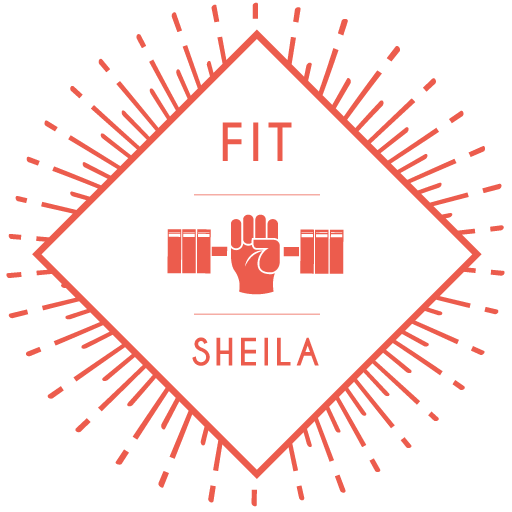There are more than 700 marathon events throughout the country every year, and that number is growing. Americans love to run, and it’s not surprising; running is great for your health. Runners who cover at least 10 miles per week lower their risk of high blood pressure by 39 percent and reduce their chance of high cholesterol by 34 percent. Running also has a number of other health benefits, such as strengthening your bones, improving concentration, reducing insomnia, increasing longevity, and of course, helping you maintain a healthy weight.
With all of those benefits, you can see why it is such a popular sport, whether people do it in the great outdoors, at the gym, or at home. A marathon takes running to a completely different level. Regardless of your running experience or whether you’re running your first marathon in your hometown or internationally, there are a few things you need to take into consideration before registering:
Safety First
Whether you are running for fun or running with a marathon goal in mind, don’t let safety fall by the wayside. Carry identification with you at all times, as well as a cellphone, in the event of an emergency. If you will be running alone, let a friend or family member know what area you will be running in and what time you expect to be back home. Scoping out your route ahead of time is a good idea as well, as you may find that the terrain isn’t conducive to a safe and effective run.
Running at night is a great time to fit in a training session after a day at work, and the cool temperatures are an added bonus. However, to stay safe, it’s best to wear reflective clothing and try to keep your runs to pedestrian-friendly, well-lit areas. If possible, bring someone along with you on a night run, even if they have to follow along on a bike.
Staying in Good Form
Everyone’s running style is different, but it is important to keep a good running form in order to put minimum impact on your joints, reduce your risk of injury, and increase your efficiency. As you run, remain relaxed, and keep your chest forward and your shoulders down while maintaining an even pace. Your feet should hit the ground beneath your hips with soft footfalls. Your torso should be straight; avoid the temptation to lean forward, as you will put extra strain on your lower back if you do. Keep your hands loose and your elbows close to your waist so that your arms don’t swing.
Be Kind to Your Feet
As anyone who is a regular runner will tell you, don’t underestimate the power of a good running shoe. It may be a little bit of a splurge, but with the appropriate footwear your feet will surely thank you. Running shoes are made specifically to cope with the impact that running produces. The right shoe for you will depend on a number of factors, including your weight, how often and where you run, and the height of your arch. If you’re unsure about the best fit, you can get an evaluation from a specialty running store.
Yoga for Runners
Yoga is well-known for its ability to help combat stress, improve mental and spiritual well-being, and contribute to overall physical health. What you may not know is that yoga also provides specific benefits to runners; it can help you build up more endurance and run more efficiently, both of which are key components when you are running a marathon.
If you have decided to start practicing yoga to improve your running, one of the most important things to remember is that the intensity and frequency of your yoga sessions should have a converse relationship with your other training techniques. This means that when you are pushing yourself to the max to increase your mileage through longer running sessions, your yoga time should be spent on relaxing moves and poses. When you are easing off of intense running training, you can ramp up your yoga and work on some more challenging moves. Combining yoga and running in this way will improve your body’s recovery time and reduce the risk of injury.
Take Your Time
Training for your first marathon will require an investment of time on your end, and the amount will depend on your current fitness level and running background. While the typical marathon length is 26.2 miles, it is best to start small with a 5K, 10K, or half marathon and gradually work your way up. It is recommended that an aspiring marathoner run a consistent base mileage for at least a year before starting any sort of training program.
The most common injury is a result of trying to build up base mileage too quickly. Aim to consistently run 20 to 30 miles a week before making a training commitment. A good rule of thumb is to never increase your mileage by more than 10 percent each week to reduce your risk of injury and burnout. While you may have other friends who are training for their first marathon too, or even have a marathon or two under their belts, fight the urge to compare yourself to other people. Take your time, and go at a pace that is most comfortable for you. Before you know you’ll be crossing the finish line.
Image via Pixabay

